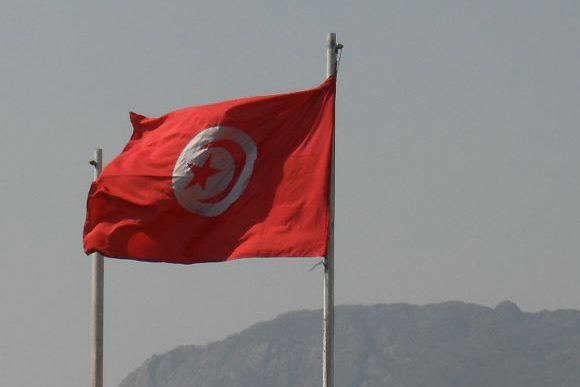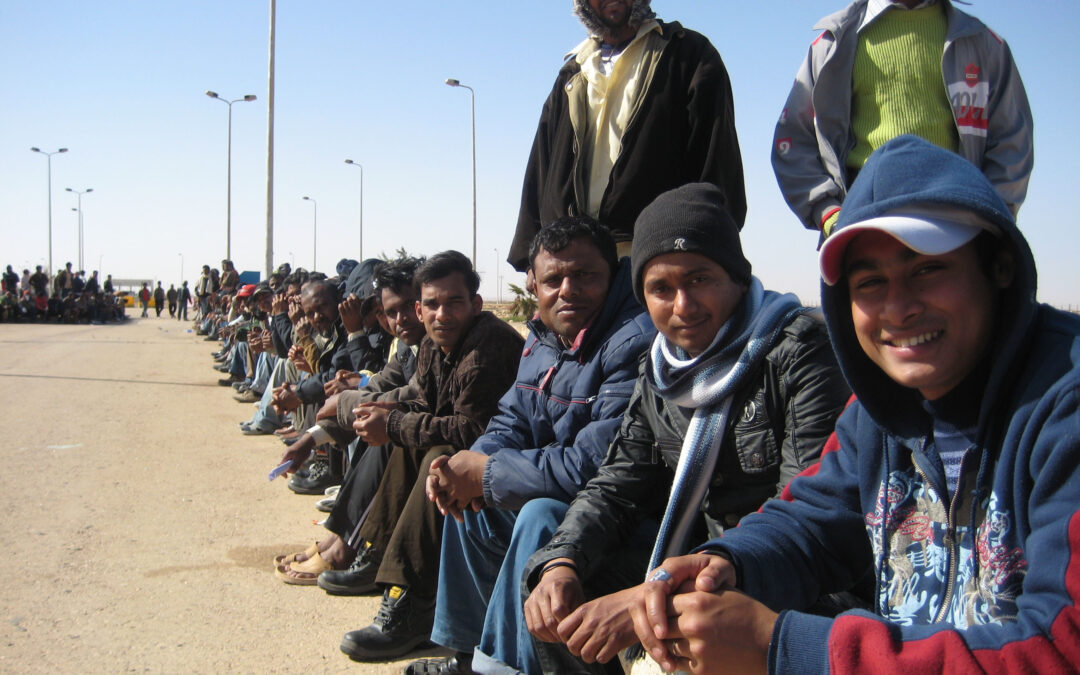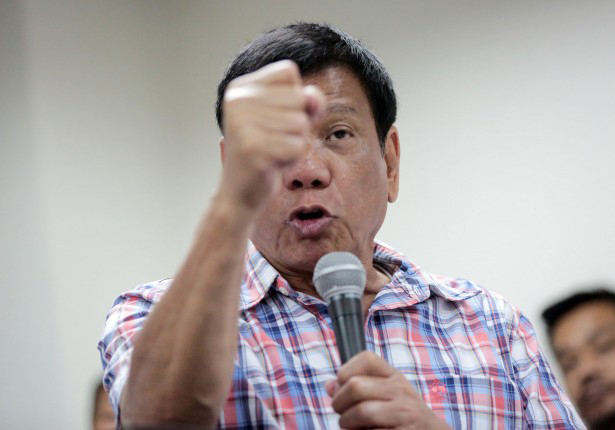
Dec 23, 2016
The ICJ today called on the Moroccan authorities to develop and adopt, in close consultation with the associations of judges, a Code of Ethics and Judicial Conduct that is fully consistent with international standards on judicial independence and accountability.
The statement came following a high-level mission to Morocco from 19 to 21 December 2016, during which the ICJ engaged with members of the Conseil supérieur du pouvoir judiciaire (CSPJ) and the judiciary on the reforms needed with a view to developing standards of conduct that are in line with the Bangalore Principles of Judicial Conduct and the UN Basic Principles on the Independence of the Judiciary.
The ICJ submitted to the Moroccan authorities and published a memo analyzing and formulating recommendations on the content of the Judicial Code of Ethics, the procedure of its adoption, the composition and functions of the Judicial Ethics Board, and the flaws in in the laws on the CSPJ and on the Statute for Judges regarding the disciplinary system.
“The development of a Judicial Code of Ethics that is consistent with international standards is an important opportunity to reinforce judicial independence and to ensure that the judiciary remain accountable to the public it serves,” said Said Benarbia, ICJ Director of the Middle East and North Africa Programme.
The ICJ is calling for the development of a Code that contain ethical duties that do not undermine a judge’s human rights and fundamental freedoms, including the right to the freedom of expression and association.
It is important not only for the judges themselves, but for the public at large, that the voices of judges are heard regarding in particular questions concerning the administration of justice.
The ICJ considers that the obligations contained in the Code must be precisely defined in order to give judges notice of the types of conduct they should undertake or abstain from.
This is particularly important given the vague and imprecise definitions of disciplinary offences as provided for by the law on the Statute for Judges.
The ICJ calls on the Moroccan authorities to review the provisions on disciplinary offences, including by ensuring that they do not unnecessarily restrict the enjoyment of fundamental freedoms by the Moroccan judges, and that they also include judicial violations of human rights and international humanitarian law, as well as offences of serious judicial corruption.
In the interim, The ICJ recommends that the Judicial Code of Ethics fill that gap by clearly specifying the types of conduct that may render judges liable to disciplinary sanctions.
Furthermore, while the law on the CSPJ provides that a Judicial Ethics Board is to be established to ensure that judges respect the obligations contained within the Judicial Code of Ethics, the ICJ is concerned that neither the composition nor the mandate of the Judicial Ethics Board are clearly specified.
The Moroccan authorities should ensure that the composition of the Judicial Ethics Board is clarified and that its functions are clearly defined, including by entrusting the Board with an advisory role.
“Ensuring that judges are able to consult the Board whenever they have questions regarding the proper application of the Judicial Code of Ethics would contribute to preventing improper conduct and thus reinforce the public’s confidence in its judiciary,” Benarbia added.
Contact:
Said Benarbia, Director of the ICJ Middle East and North Africa Programme, t: +41.22.979.3817, e: said.benarbia(a)icj.org
Additional information:
The ICJ delegation met with Mr. Mustapha Farès, First President of the Cassation Court; Mr. Mustapha Meddah, Prosecutor General of the Cassation Court; Mr Driss El Yazami, President of the National Council of Human Rights; Mr. Yassin Mokhli and Mrs Aicha Nassiri, elected members of the CSPJ; Mr. Mohamed Khadraoui, vice-President of the Amicale Hassania; and Mr Abdellatif Chentouf, President of the Judges’ Club.
Morocco-Code of Ethics-News-Press releases-ARA-2016 (full text in Arabic, PDF)
Morocco-Code of Ethics-Advocacy-Analysis Brief-2016-ENG (Memo in English, PDF)
Morocco-Code of Ethics-Advocacy-Analysis Brief-2016-ARA (Memo in Arabic, PDF)

Nov 9, 2016
The ICJ has called on the Tunisian authorities to adopt effective measures to ensure that the newly established Specialized Criminal Chambers (SCC) deliver meaningful justice for victims of human rights violations.
In a memorandum published today the ICJ stressed that the SCC had been given a critical role in holding all those responsible for such violations to account in line with international law and standards.
However, the ability for the SCCs to effectively fulfil that role would depend on the willingness of the Tunisian authorities to adopt a number of measures, as set out in recommendations contained in the memorandum.
The memorandum analyses the guarantees for the selection and appointment of the SCC judges; the SCC’s jurisdiction over gross human rights violations; and the legal and practical obstacles that may hinder the SCC’s capacity to deliver justice effectively.
The ICJ has recognized the importance of State initiatives to establish mechanisms and measures to address past human rights violations under the framework of “transitional justice”, such as the Instance Vérité et Dignité (IVD) in Tunisia.
“But mechanisms of this kind and particularly the SCC must not undermine justice and accountability and must be complementary to the ordinary justice system rather than a substitute for it,” said Said Benarbia, Director of the ICJ Middle East and North Africa Programme.
The ICJ stressed that for the SCC to be effective, the authorities need to act to clearly set out the procedures before the SCC; ensure that such procedures are consistent with international fair trial rights; establish specialized investigation and prosecution services; and provide for witness and victims protection units in line with international standards.
Obstacles potentially impeding accountability efforts in Tunisia include flawed definitions of crimes and of superior responsibility in the Criminal Code; the application of limitation periods in cases of serious human violations, and uncertainty over whether victims have direct access to lodge complaints before the SCC.
The ICJ identified measures for adoption by the Tunisian authorities to eliminate these obstacles and to ensure the effective functioning of the SCC. These steps include:
- introducing a clear framework regulating the mandate of the SCC and their relation with the ordinary justice system institutions and the IVD;
- ensuring that all alleged human rights violations are investigated and prosecuted, including allegations that are not transferred by or submitted to the IVD;
- ensuring that impunity for gross human rights violations is not facilitated by the application of limitation periods;
- ensuring that Tunisian laws are not construed to allow an individual responsible for a gross human rights violation to rely on an order received from a superior officer or public authority to escape criminal responsibility; and
- ensuring that the SCC contribute to the full realization of the victims’ right to effective, prompt remedy and reparation in all its forms recognized under international law.
Contact
Theo Boutruche, Legal Adviser of the ICJ Middle East and North Africa Programme, tel: +96 170 888 961, e-mail: theo.boutruche(a)icj.org
tunisia-scc-memo-news-press-releases-2016-ara (full story in Arabic, PDF)
tunisia-memo-on-scc-advocacy-analysis-brief-2016-eng (full memo in English, PDF)
tunisia-memo-on-scc-advocacy-analysis-brief-2016-ara (full memo in Arabic, PDF)

Sep 27, 2016
In a briefing paper issued today, the ICJ presents its comments on three key procedural aspects of the Dublin IV Regulation proposed by the European Commission.
On 4 May 2016, the European Commission published a proposal (Dublin IV) to recast the current Dublin Regulation (Dublin III).
The ICJ submission focuses on the potential impact of the current proposal on the rights of asylum seekers in Europe, including the right to an effective remedy, the principle of non-refoulement and economic and social rights.
In the briefing, the ICJ raises concerns at the introduction of excessively short time-limits for people to access an effective remedy while under the threat of a transfer to another EU Member State deemed responsible to assess the asylum application under the Dublin Regulation.
The ICJ further opposes the limitation of the material scope of the remedy and express concern at the punitive measures imposed on asylum seekers, in particular when they lead to the loss of access to their rights.
The ICJ invites the co-legislators, the European Parliament and the Council of the EU to take these concerns into account during their negotiations.
eu-dublin-iv-regulation_comment-advocacy-analysis-brief-2016-eng (full text in PDF)

Aug 23, 2016
The ICJ released today a briefing paper on investigation of extrajudicial executions in the Philippines.
This document is meant to contribute to ongoing discussions, following a hearing conducted by the Committee on Justice and Human Rights of the Philippine Senate, on the reported increase in the number of deaths of persons allegedly involved in the trade and sale of illegal drugs in the country.
The ICJ had previously written to President Rodrigo Duterte (photo), calling on him to unequivocally denounce extrajudicial killings, whether of alleged criminals or of any person in the Philippines.
The ICJ also urged the government to immediately conduct investigations into police operations that resulted in these deaths.
Philippines-EJK debate-Advocacy-Analysis Brief-2016-ENG
Photo credit: Grig C. Montegrande/Inquirer.

Aug 18, 2016
Today, the ICJ released a briefing paper on the Transgender Persons (Protection of Rights) Bill, 2016, asking that it be withdrawn and revised to be consistent with international human rights law, and directions of the Indian Supreme Court.
The briefing paper answers key questions about the history of this Bill, what measures it seeks to introduce, outlines the ICJ’s key concerns about the Bill as currently drafted – including key omissions – in light of directions of the Supreme Court and applicable international human rights law.
“It is important to have a law guaranteeing transgender rights in India,” said Sam Zarifi, ICJ Asia director.
“However, any such legislation must be consistent with the spirit and directions of the Supreme Court in the case of NALSA v UOI and with international human rights law”.
The Transgender Persons (Protection of Rights) Bill, 2016 was approved by the Cabinet last month.
It was introduced in the Lok Sabha (lower house of Parliament) on 2 August 2016 and is currently pending.
The Bill’s definition of who is “transgender person”, the process of gender recognition it outlines, as well as the lack of adequate provisions on employment, education, anti-discrimination measures, and penalties for offences committed, are deeply problematic and at odds with the Supreme Court’s directions in the judgment of the Supreme Court in the case of NALSA v UOI.
“While a comprehensive transgender rights bill is long overdue in India, the problems and omissions in the current Bill will undermine the progress made on transgender rights in India,” Zarifi said.
“The government must immediately withdraw the Bill, meaningfully consult with the transgender community, and substantially revise its provisions such that it comprehensively protects the rights of all transgender people in India,” he added.
Background
In 2014, in the case of NALSA v UOI, the Supreme Court affirmed transgender persons’ right to their self-identified gender, directed the government to grant legal recognition of the same, and to take specific steps to ensure equality and non-discrimination for transgender persons.
States and government departments have begun to take piecemeal measures to implement the directions in the NALSA judgment, however several aspects of the decision remain unimplemented. See ICJ Briefing Paper on the implementation of the NALSA decision .
In April 2015, the Rajya Sabha (Upper House of India’s Parliament) passed the Rights of Transgender Persons Bill 2014, which was a private member’s Bill. Simultaneously, the government was developing its own draft of a transgender rights bill, which has now been introduced in Parliament. For more details see here.
INDIA-TG BILL CRITIQUE-Advocacy-Analysis brief-2016-ENG (full text, PDF)









